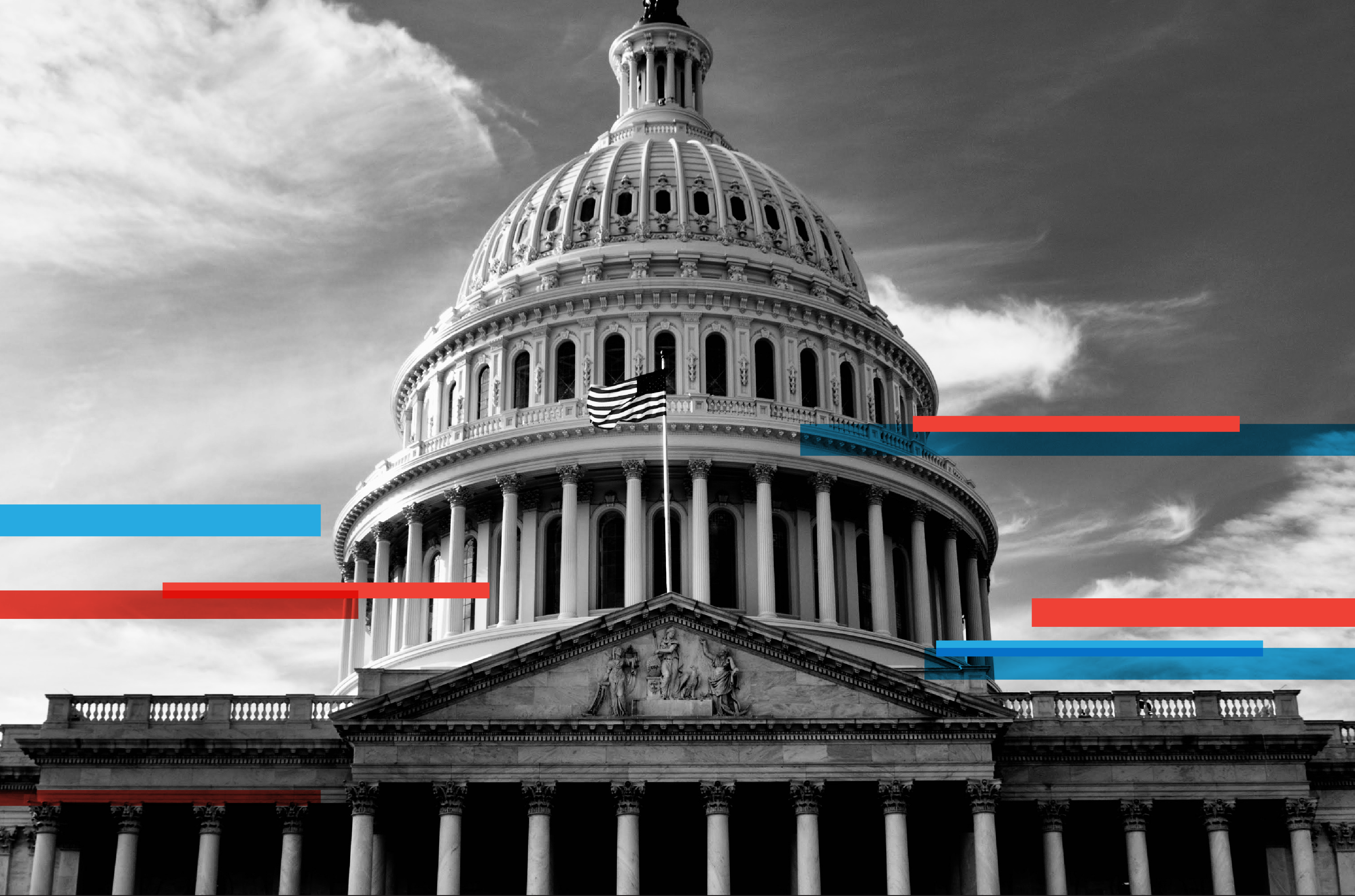Dear Friends,
As another turbulent month comes to a close—punctuated by Trump’s first diplomatic visit of his term—we’re stepping back to examine the broader trajectory of U.S. statecraft under the Trump Administration.
Has Trump truly ushered in a new era of foreign policymaking, or beneath the bluster, is it business as usual?
We posed this question to scholars in the Statecraft program: What sets Trump's foreign policy apart this term?
AARON DAVID MILLER: THE ENVOY FOR EVERYTHING
One new element is Steven Witkoff —Trump’s Envoy for Everything. It’s hard enough to succeed with one negotiating track, let alone on Witkoff’s brief, which now encompasses a veritable empire of negotiations: U.S.-Iran on the nuclear issue; Russia-Ukraine; Israel-Hamas and assorted other tasks such negotiating the return of Americans imprisoned in Russia. Clearly Witkoff, unlike Trump’s other foreign policy advisers, enjoys the respect, admiration and trust of the President. But can he succeed? I wouldn’t break open the champagne bottles just yet.
STEPHEN WERTHEIM: THE ENEMY WITHIN
What seems most distinctive about Trump’s second go-round is that the president manifests more animus for “the enemy within,” as he calls it, than for America’s adversaries abroad. This was put in gobsmacking relief when his administration simultaneously bypassed Israel to negotiate directly with Hamas — a taboo only Trump could break — and rounded up foreign students on American campuses for pro-Palestinian speech. Unlike in his first term, Trump is taking remarkable steps to make deals with overseas adversaries (Russia, Iran, Yemen’s Houthis) and avoid casting them as permanent enemies (China). But it’s one thing to seek better relations and another to achieve it — and in an inversion of the adage that politics stops at the water’s edge, Trump’s interest in deal-making starts at the water’s edge.
CHRIS SHELL: SECURITY FIRST IN THE WESTERN HEMISPHERE
Trump’s designation of gangs operating in Haiti, Venezuela, Mexican cartels as terrorist organizations, and his decision to re-add Cuba to the State Sponsors of Terrorism list mark a return to “maximum pressure” tactics. Trump’s readiness to take unilateral action and frame crime, migration, and instability as direct threats to U.S. national security is a break from the previous administration’s multilateral approach. In short, we are not witnessing a wholesale new age of foreign policymaking in the Western Hemisphere, but rather a recalibration of old strategies: a security first approach applied to regional issues that Biden viewed though a development and governance lens.
CHRIS CHIVVIS: DIALLED UP, NOT DIVERGENT
Trump is often portrayed as something very new, a departure from the traditional Republican worldview, but I see him as very much in the Republican tradition on foreign policy. There are important caveats of course, especially on trade policy, but his foreign policy is in many ways a more radical version of his Republican predecessors. The roots of his “America First” approach to the world is there in George W. Bush and even Reagan, but Trump is taking them to their logical conclusion.
- Chris Chivvis and Stephen Wertheim argued in Foreign Policy that Washington should restrain Taiwan President Lai Ching-te's escalatory rhetoric.
[Trump Should Rein In Taiwan] - Aaron David Miller and Lauren Morganbesser broke down the changed political landscape of the Middle East amid Trump's visit. Read in Project Syndicate:
[The Trump Factor in Today's Middle East] - Chris Chivvis and Jeremy Shapiro discussed all things US-UK relations for the second episode of the Pivotal States Podcast:
[How Pivotal is the United Kingdom?]
- Trump's America Still Has a 'Values-based' Foreign Policy | Oren Samet
[Read in Foreign Policy]
- The Paradoxical Power | Christopher Preble, Melanie Marlowe, Zack Cooper
[Listen on the Net Assessment Podcast - Stimson Center]
- How Donald Trump Turned Diplomacy into a Combat Sport | Guy Chazan
[Read in the Financial Times]
